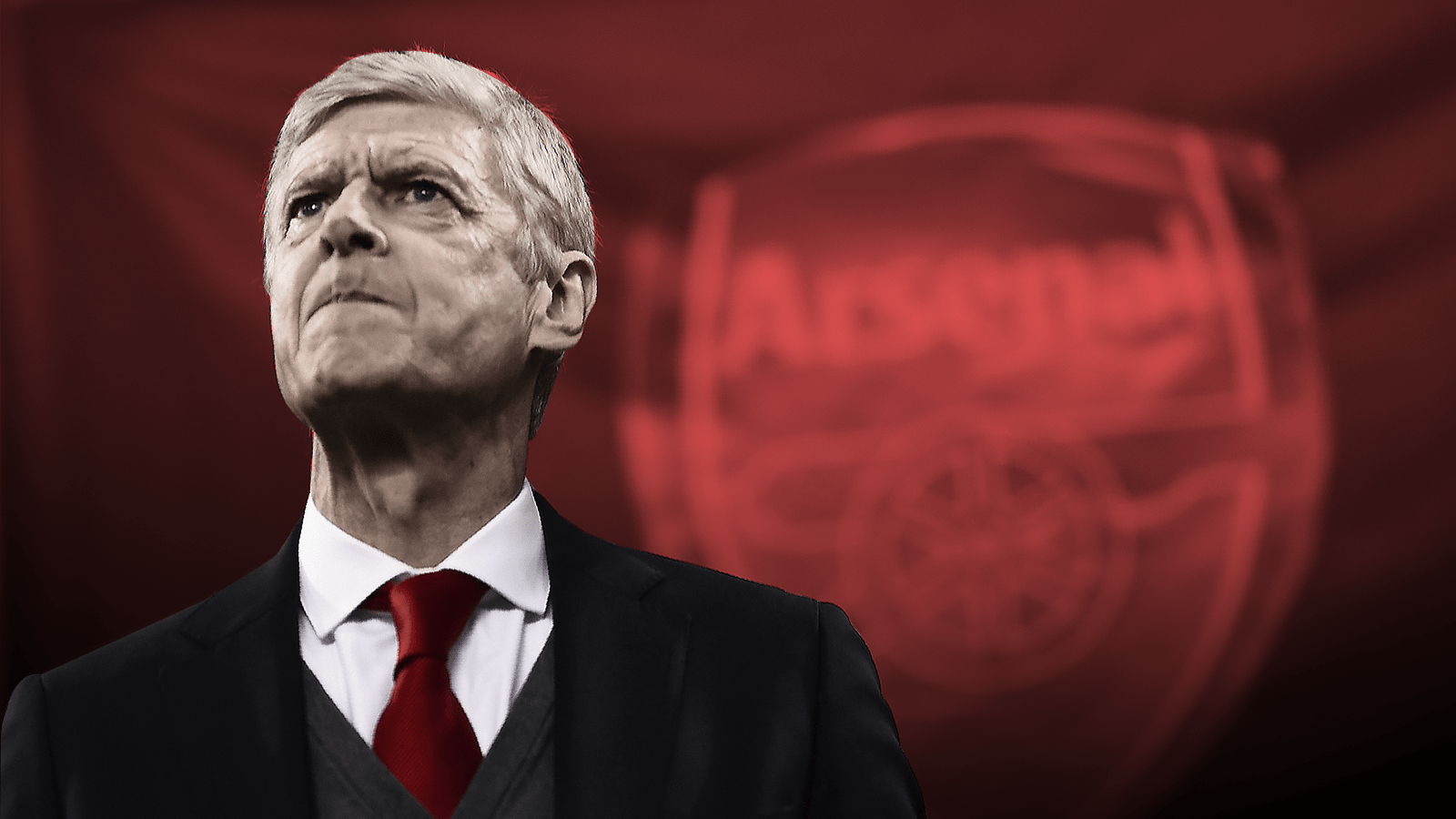Arsene Wenger to leave Arsenal: What next after manager's departure?
- Published
- comments
New faces behind the scenes, a five-man shortlist and the dilemma of whether to go for experience or potential.
This is the backdrop as Arsenal seek a new manager for the first time in nearly 22 years after Arsene Wenger's announcement he will step down at the end of the season.
But where does the news leave the north London club? And what might happen next? BBC Sport's David Ornstein explains...
Big-name boss? Or promising coach?
Chief executive Ivan Gazidis says Arsenal had not begun sounding out replacements before Friday and while that is broadly true, they would have been discreetly surveying and discussing their options.
Leading the process will be Gazidis, alongside head of football relations Raul Sanllehi and head of recruitment Sven Mislintat. I suspect Wenger will not have a say.
Arsenal have been linked to the former Borussia Dortmund coach Thomas Tuchel, who has admirers at the club. But any move might have been complicated by the fact he fell out with Mislintat when they were together in Germany.
That will likely be irrelevant, though, as it is my understanding he is going to take charge of Paris St-Germain.
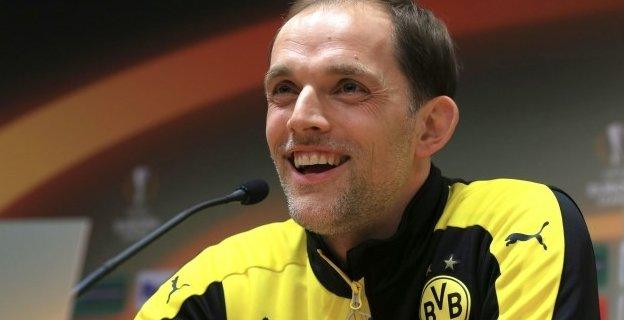
Tuchel was an early favourite with bookmakers to take over from Wenger
Big-name options such as Max Allegri, from Juventus - another who is well regarded by the powers that be - former Chelsea and Real Madrid coach Carlo Ancelotti and Atlético Madrid boss Diego Simeone have been mentioned, but younger coaches, who might be more willing to slot into the club's revamped structure, will also be considered.
That is why former captain Mikel Arteta - an assistant to Pep Guardiola at Manchester City - and another former skipper Patrick Vieira - who is at New York City - have been linked, although both lack elite-level management experience. Likewise, club record goalscorer Thierry Henry, who is currently Belgium assistant coach.
The backgrounds of Sanllehi and Mislintat have seen suggestions that Luis Enrique - who Sanllehi worked with at Barcelona - and Hoffenheim boss Julian Nagelsmann - who Mislintat knows from Germany - could also be candidates, along with Monaco's Leonardo Jardim.
But Arsenal will not seek simply to make a quick appointment.
What has been happening behind the scenes?
Arsenal has become a deeply political club at board level. They were split on whether Wenger should have signed a new two-year contract last summer, and that situation had not changed.
The difference compared to a year ago is that Arsenal have a new structure off the pitch - Sanllehi arrived from Barcelona; Mislintat from Dortmund; head of negotiations Huss Fahmy from Team Sky; and head of high performance Darren Burgess from Australian Rules football.
All four have inherited significant power and influence, and worked with Gazidis to put a structure in place for life beyond Wenger.
Virtually the only new head of department that had not been appointed was a head coach. The big question was whether that would be Wenger or not.
Until the final decision was made on Thursday evening and then delivered on Friday morning, even some of the most important staff at the club did not know this was coming. Indeed, there remained a feeling he may see out his contract.
However, plans were tentatively being put in place and I have heard suggestions that a five-strong shortlist was being drawn up to present to Kroenke in the event of Wenger leaving.
Listen: Emotional Wilson on 'great' Wenger
'Wenger closer to leaving last year than we knew'
Wenger's possible departure had been a talking point for months, even years. Every time there was a bad period of form, the rumours started and this recent poor run did not feel greatly different.
Even when Wenger called his staff and players to meetings after 09:00 BST on Friday - unusual on a recovery day for players - it created a lot of whispers, but few expected the news that followed.
Remember, the 68-year-old Frenchman has never broken a contract in his career. I sensed that members of the hierarchy, even those who wanted a change, accepted he would probably see out the deal he signed last summer.
I was told recently that Wenger was as stubborn, determined and energetic as ever and if he was to leave he would need to be dragged out kicking and screaming.
However, it is my understanding Wenger was actually closer to walking away towards the end of last season than we knew at the time. Confidants had urged him to leave on a high after the FA Cup win against Chelsea in May.
At that time, Arsenal did not have a firm plan in place to succeed him. They were not particularly well set up to start a recruitment process. Wenger knew as much and a part of him sensed - rightly or wrongly - that going then could have left them in the lurch, that he had something of an obligation to carry on and have one last crack a leading this team to success.
But things have deteriorated - on the pitch, in the stands and at a political level. Ask people what has changed and the response is "that is precisely the problem - nothing has changed to improve the situation for him".
Those around Wenger could not see a way back after the limp defeat at Brighton in March that followed two defeats by Manchester City. As welcome as the victory that followed over AC Milan at the San Siro was, there was a growing acceptance that this would be his final campaign in charge.
Witnessing how far his team had fallen adrift of Premier League champions City opened Wenger's eyes to the stark reality of where Arsenal stood and the near-impossible challenge he would face in the final year of his contract. He knew his time was up.
He has always been the great survivor at Arsenal, he has taken all the bullets and carried on, shielding the board, players and club. But it is only human that he started to feel the criticism piercing him.
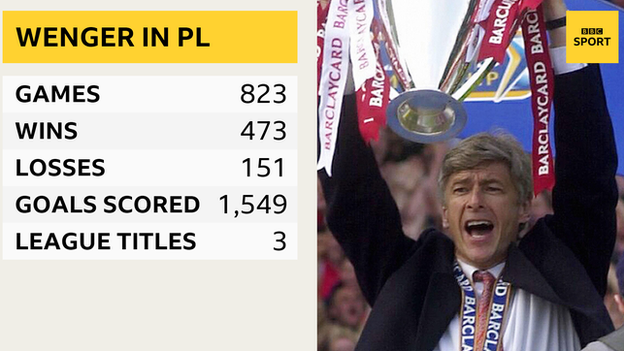
Did Wenger jump before he was pushed?
It's not clear who made the first move, but this has been an ongoing discussion for some time and ultimately Wenger confirmed his decision to the Arsenal board. It had become inevitable.
There was a feeling on Wenger's side that it would be best to do it now, in conjunction with the club hierarchy, to enable him to have a fitting send-off.
If they were to suffer a heavy defeat in the Europa League, there was a chance he would have to leave in unceremonious fashion. Nobody wanted that. And if they were to win it, Arsenal could end up in the same situation in a year's time.
The overwhelming feeling is this is the right decision and my understanding is that it was mutual.
Without being privy to the dialogue, we do not know how mutual and there are reports Wenger jumped before he was pushed.
There is a suggestion the regular sight of so many empty seats inside the Emirates this season (detrimental to both in-ground atmosphere and the appeal those images project to fans and broadcasters around the world) and reported low corporate-level season ticket renewal was of particular concern to Kroenke.
With that and Arsenal's new structure in mind, was the previously unthinkable prospect of Wenger being sacked now becoming a distinct possibility?
By sorting it out earlier, this gives Arsenal the ability to start a recruitment process without doing it behind Wenger's back, or starting too late.
How will the fans react?
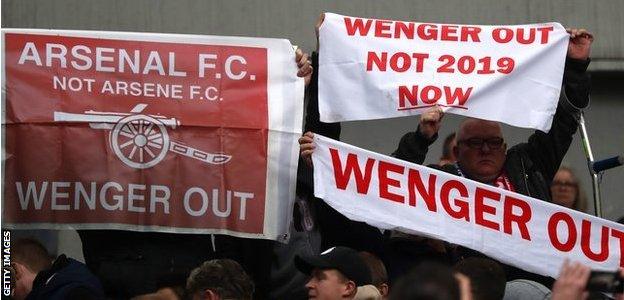
Some fans had called for Wenger to leave before his contract expired
The decision has been greeted well, tinged with sadness and nostalgia as expected, but also hope and optimism that Arsenal can reunite a fractured fanbase and rally round a new manager.
In recent years, there has been a very nasty environment. Fans have been divided, there have been fights among Arsenal supporters in stadiums, protests inside and outside grounds, banners saying 'it's time to go' and the slogan 'In Arsene we trust' being replaced by 'In Arsene we rust'.
Arsenal, who used to break records for all the right reasons, have recently been doing so for the wrong ones - they are the only side in the top four divisions to have lost every away league match this year.
West Ham on Sunday is the penultimate home Premier League game of Wenger's reign.
Despite growing opposition in recent times, there will be huge support, respect and gratitude from a large crowd. 'There's only one Arsene Wenger' may well be sung for the first time in many, many months.
The decision has galvanised the fans to get behind the club as they push for victory in the Europa League.
What might Wenger do next?
Wenger has had offers but, short of an opportunity he feels is too good to turn down, it is likely he will take a break for the first time in more than 30 years. It is what those closest to him are advising.
We are sure to see him at the World Cup in Russia, where he is expected to work for a French broadcaster, but after that it is very likely he will manage again.
Exactly where is far from clear. It could be club or international level but if something tickles his fancy - be it because of the environment or potential - I can see him doing it.
But he's not in a rush to get back doing it quickly and who can blame him?
- Published20 April 2018
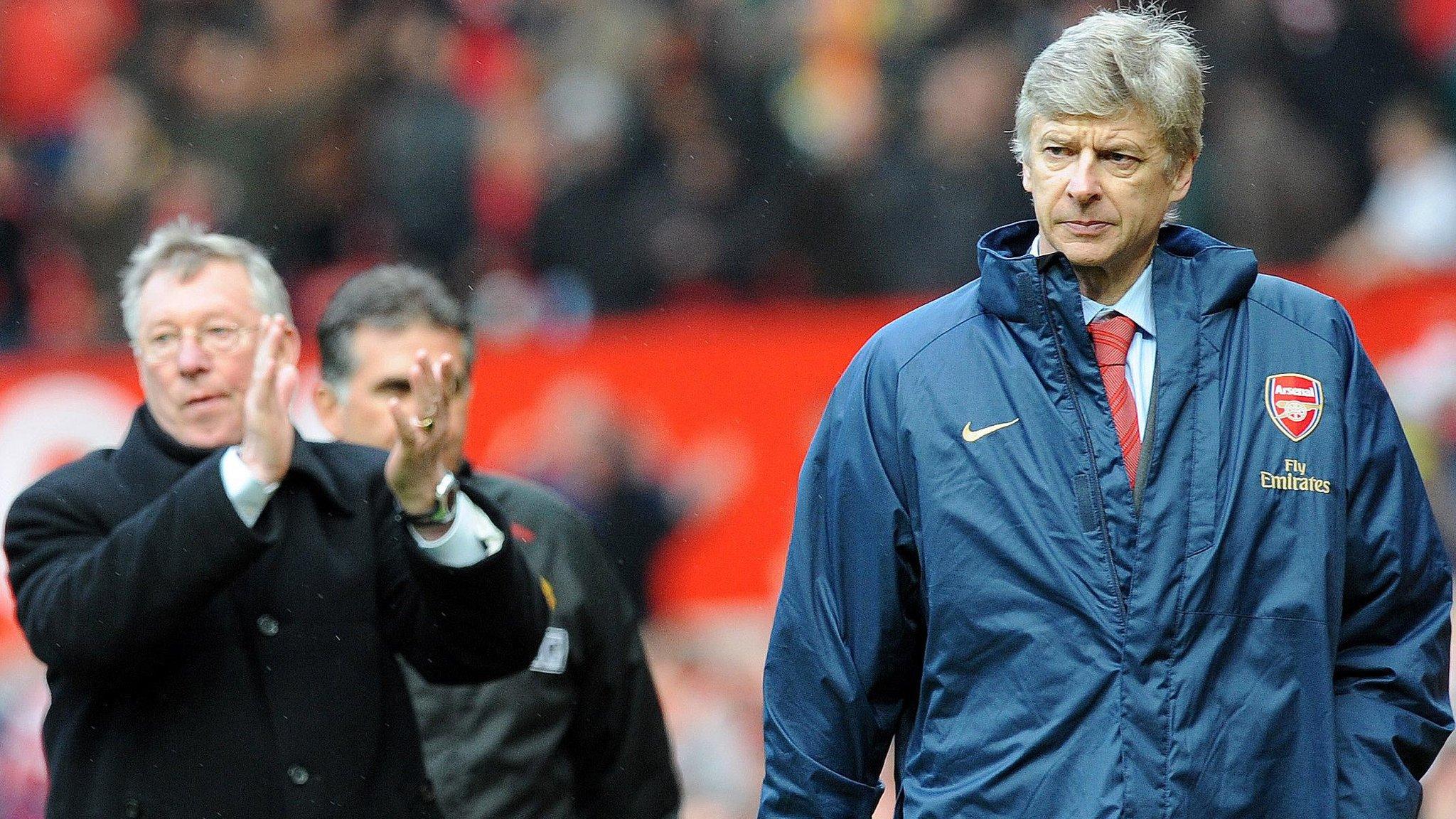
- Published20 April 2018
- Published20 April 2018
